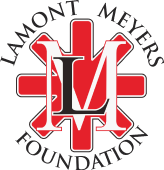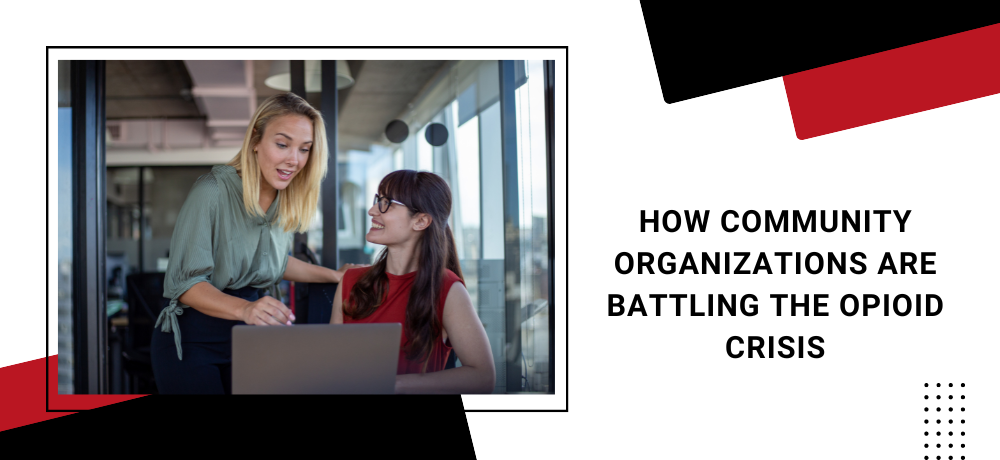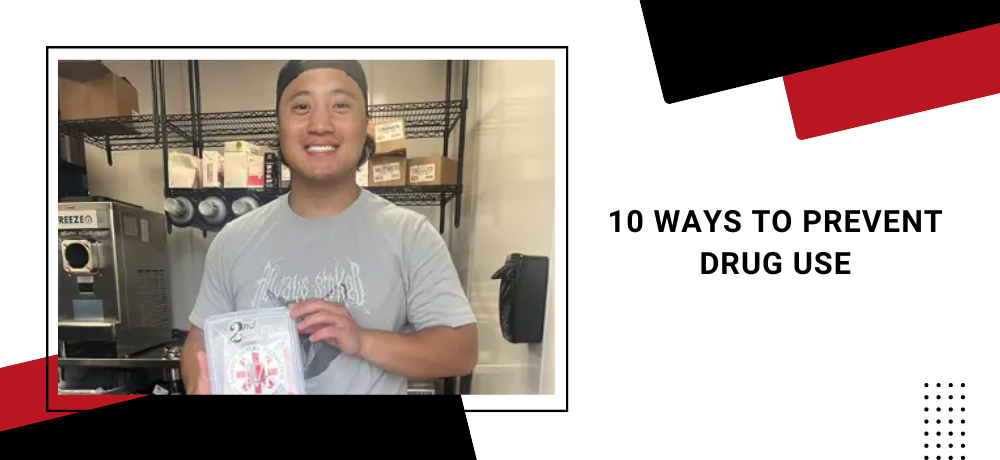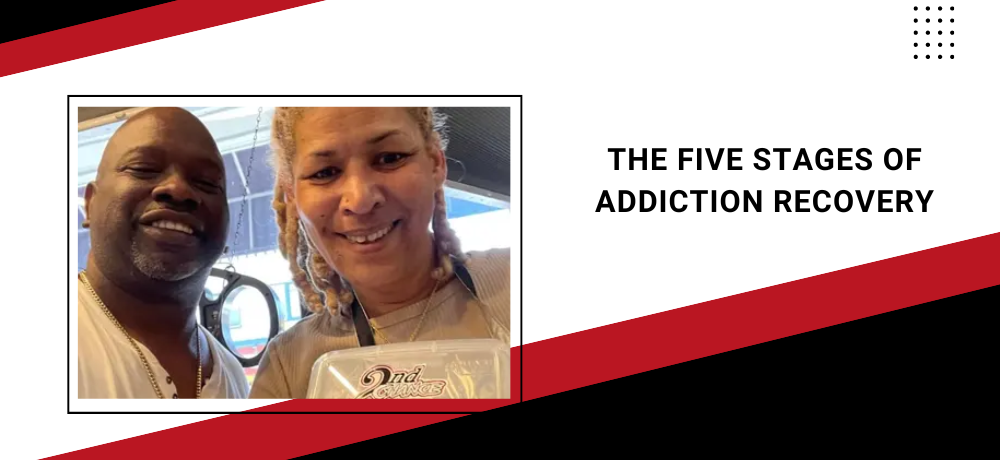Our Blog
Blog By Lamont Meyers Foundation

I know what it is to feel powerless against a problem that seems too big to solve. When I lost my son to a fentanyl overdose, I felt small and alone. I see my son in small, beautiful moments: I see him in the morning sun shining through my window; I hear him in a chat with a kind stranger at a coffee shop; I feel his spirit smile when I find forgotten money in a pocket. In the five years since my son, Lamont, died from an accidental fentanyl overdose on his 19th birthday in Rancho Cordova, all I have of him are these bright moments and my own memories.
Recent Posts

I know what it is to feel powerless against a problem that seems too big to solve. When I lost my son to a fentanyl overdose, I felt small and alone. I see my son in small, beautiful moments: I see him in the morning sun shining through my window; I hear him in a chat with a kind stranger at a coffee shop; I feel his spirit smile when I find forgotten money in a pocket. In the five years since my son, Lamont, died from an accidental fentanyl overdose on his 19th birthday in Rancho Cordova, all I have of him are these bright moments and my own memories.
